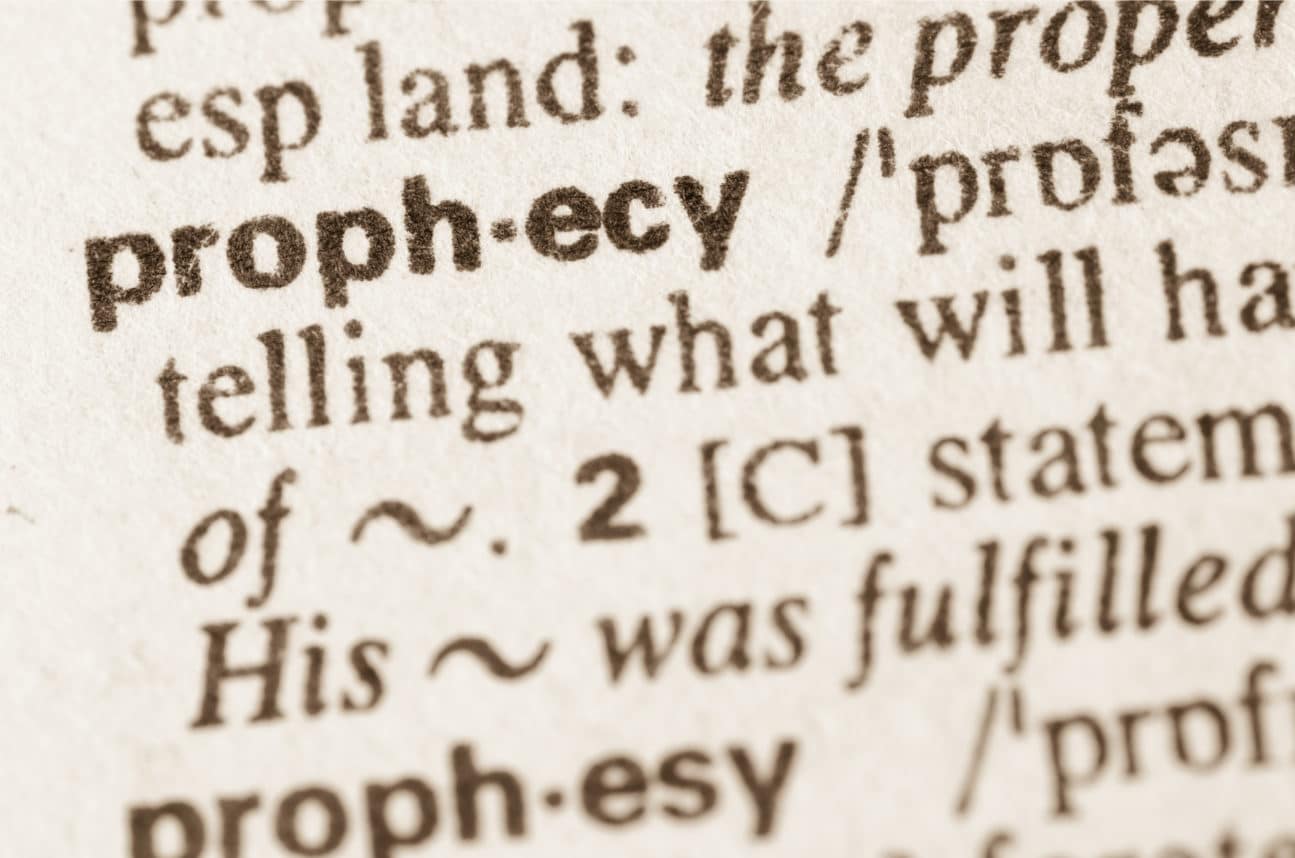Curses
Thoughts on Torah Portion Balak 2021

Unbeknownst to the Israelites, great hostility is brewing just over the next hill. The main focus of this week’s portion, King Balak’s hiring of the prophet Bila’am to curse the Israelites, takes place out of the sight of the encamped tribes of Israel. The Israelites sit oblivious to the fury, fear and drama that are taking place nearby.
The Israelites need to cross Moabite land to get to the plateau that overlooks Canaan, just across from where Jericho is today. The Moabites apparently think this is a ruse. They believe that the Israelites will attack them once they are behind Moabite lines. King Balak has heard of the recent string of Israelite victories and is not confident that he can defeat the Israelites on the field of battle. He feels he must find a non-military solution. Balak hires a prophet of God to curse the Israelites. Maybe that will work. Not an ideal prophet of God, mind you. One for hire.
The “hire a prophet” idea doesn’t work out well, for a couple of reasons. First, Bila’am really was a prophet of God, even if not an ideal one. The core meaning of a prophet of God in the Bible is one who can express God’s word. Granted, Bilaam did want the money, but to Bila’am’s own dismay, he could only say the words that God prompted. Since we are at one of those a relatively unusual places in the Torah where God happens to be kindly disposed toward the Israelites who are not complaining about one thing another, Bila’am can’t get the curses out of his mouth. God does not put those curses there. Blessings come out instead.
Just cursing your enemies is not a reliable path to victory. If cursing one’s enemies worked, everybody would be dead by now.
“Cursing” nowadays no longer means calling down malevolent supernatural forces on others; it simply means “swearing” (in the bad sense) or insulting. Insulting others can certainly hurt their feelings, but such language does not seem to call in supernatural forces.
There is a real dimension of “being cursed,” though. Taking the inner life perspective, I should say “feeling cursed.” I have spoken with many people who feel that they are cursed, but they don’t say it that way. Instead, they feel that there is something in them that seriously impedes their well-being or success. I call this a “shame wound” – a usually hidden belief that there is something fundamentally wrong with oneself. Shame wounds are some of the hardest things to experience. Treating shame wounds is some of the hardest spiritual work that people do.
There is another kind of cursing that torments us, probably generated by the shame wound – people actually cursing at themselves. I recently spoke to a person whose inner chatter was filled with imprecations. A voice inside told her that she was worthless, that her life was a waste, she made no difference, that everything was futile.
I let her know that everyone has moments like these. Everyone has felt at one time or another inner voices of bitterness toward the self. Sometimes the feelings of shame cause us to depress, but sometimes those words are turned on others. We blame them for how bad we feel.
The damage that harsh words do is one of the reasons I focus so often on “no criticizing, complaining, condemning, or protracted conflict.” It does not matter if those words are directed at others, or if you direct them at yourself as self-hatred. Such language can cause us real damage.
We human beings have a capacity for creating harm through language, to ourselves and to others. Many of us are quick to judge and find it easy to condemn others and ourselves; self-love, empathy and understanding take great discipline and constant inner work.
We all have an inner Balak, hired by the Yetzer Ha-Ra (destructive patterns within us), aiming to destroy others and/or ourselves with words. We have an inner Bila’am, pretending to be an agent of truth, hiding a motivation to harm, pretending to be following God’s will. It took the talking donkey to awaken Bila’am to his calling – to say only what God tells him to say.
We should all be so lucky, that when the ego-self is in the midst of a mission to harm ourselves and/or others with words, a stubborn inner donkey of virtue gets in our way and has us turn our words of harm turn into poems of blessings.























 More news and opinions than at a Shabbat dinner, right in your inbox.
More news and opinions than at a Shabbat dinner, right in your inbox.